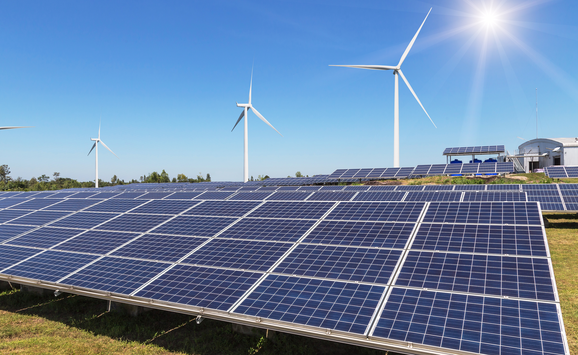 This week’s U.N. climate talks highlight the gulf between developed and developing nations. Responsibility for emissions reductions, monitoring, and enforcement are the tragedy of the climate change commons. Despite commitments set, or delayed, in Copenhagen, new research from RFF Vice President and Senior Fellow Mark Cohen and Vanderbilt University Law Professor Michael Vandenbergh suggests that corporate reporting of carbon emissions and carbon product labeling could be crucial tools to help solve the governance dilemma.
This week’s U.N. climate talks highlight the gulf between developed and developing nations. Responsibility for emissions reductions, monitoring, and enforcement are the tragedy of the climate change commons. Despite commitments set, or delayed, in Copenhagen, new research from RFF Vice President and Senior Fellow Mark Cohen and Vanderbilt University Law Professor Michael Vandenbergh suggests that corporate reporting of carbon emissions and carbon product labeling could be crucial tools to help solve the governance dilemma.
Major developing countries such as China and India are projected to account for 80 percent of global emissions growth in the next several decades. Meanwhile, carbon-intensive production continues to shift to labor abundant developing nations, creating what economists call leakage. In a forthcoming article published by New York University’s Environmental Law Journal, Climate Change Governance: Boundaries and Leakage, Cohen and Vandenbergh propose corporate carbon footprint disclosure and carbon product labeling as a means to incentivize emissions reductions among suppliers even in the absence of government regulations.
“Information disclosure has been called the third wave of environmental regulation,” Cohen said. “There are numerous examples around the world where either facility-level disclosure or product labeling has resulted in significant reductions in pollution without direct regulation.” Vandenbergh states that “there is a growing sense that we need to be creating private incentives for carbon emissions reduction while public measures are developed.”
Climate governance proposals are a sour point for international negotiations, especially for emerging economies like China. Cohen and Vandenbergh advise a multi-pronged approach where governments and non-governmental organizations expand upon existing reporting boundaries and product disclosure schemes which tally the total carbon emissions for producing a specific good. The model creates informal social pressures for firms, and consumers who buy their products, to reduce emissions from domestic and global supply chains.
Atmospheric carbon targets will not be achieved without the active participation of China and other major developing countries. Market pressures from information disclosure provide an avenue to achieve reductions without exacerbating the political rift between nations.
Aysha Ghadiali is a Research Associate at Resources for the Future.




